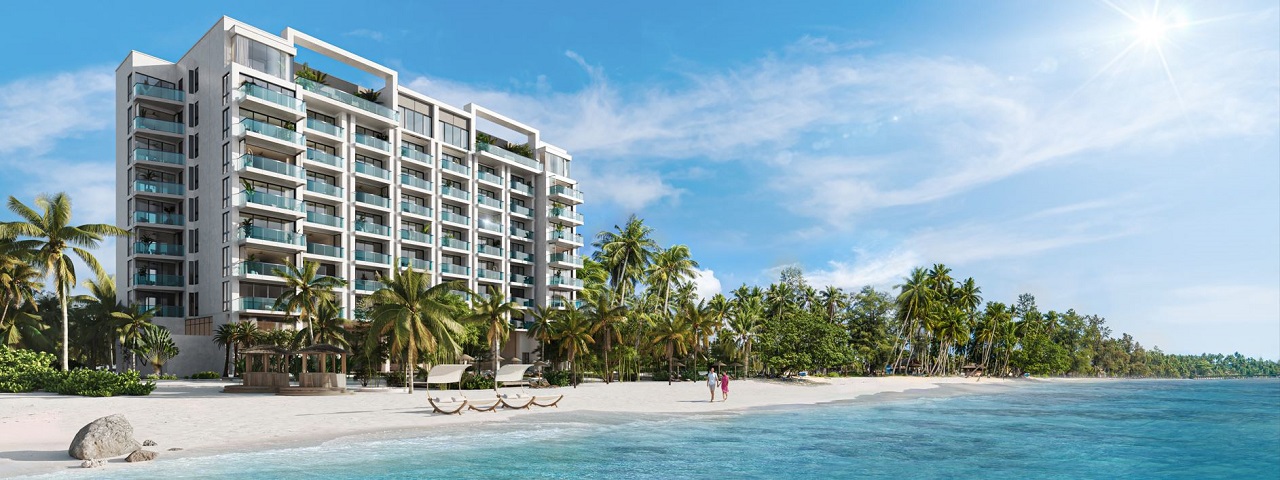This new initiative for buyers outside Sri Lanka interested in buying condominium units (holiday apartments) started on 1 June 2024.
The Investor Visa program ensures a simplified and efficient procedure for non-Sri Lankans looking to invest in the country’s fast-growing real estate market allowing visa applications to be handled entirely online, making it easier for potential investors.
A notable feature of the new process is that foreigners staying in Sri Lanka will no longer have to exit the country to apply for a visa.
This notable improvement is expected to draw in additional investors to support Sri Lanka’s economic progress and flourishing construction and property development industry.
Applicants must provide:
1. Confirmation from a bank regarding the deposit of foreign currency into an IIA account.
2. A statement from the investor specifying the purpose of the investment, whether to purchase a unit or units from a condominium development project in the country.
For investments exceeding USD 100,000, applicants will receive an immediate 5-year visa, which can be renewed.
Investments over USD 200,000 will be eligible for a 10-year renewable visa, both necessitating a maximum of five days for ministerial approval.
By opening its doors wider to international investors, Sri Lanka is not only improving its economic prospects but also laying the foundation for sustainable growth in its property development sector.
In addition to the direct and obvious benefits mentioned earlier, foreign investments in real estate have been proven to generate multiple streams of both short and long-term inflows.
The nature of investing in Real Estate is characterized by long-term commitments and substantial investments, which in turn contribute to the country’s overall development.









